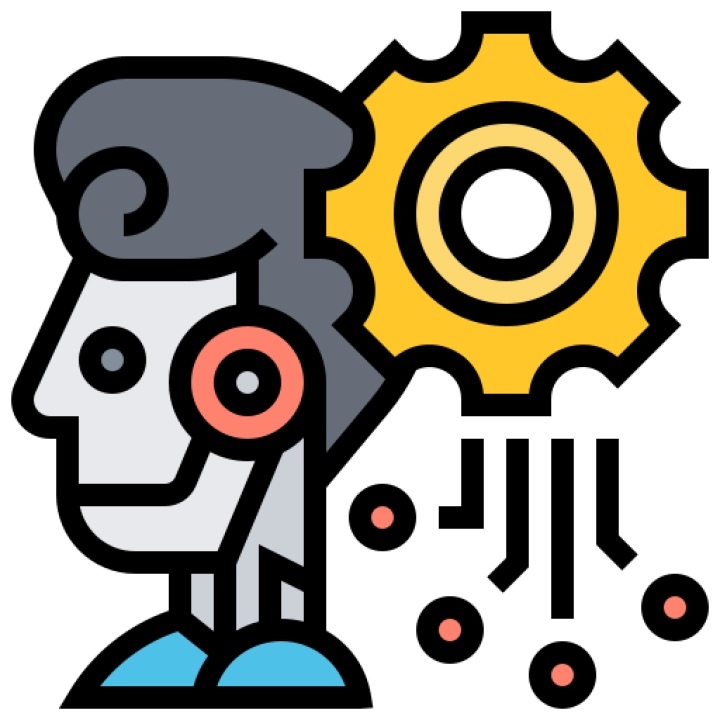College: Graduate Programs Institute
Artificial Intelligence Engineering focuses on the design, development, and application of AI systems and technologies. Students develop skills in machine learning, data science, natural language processing, robotics, and ethical AI. Graduates are prepared to work in technology companies, research institutions, healthcare, finance, and various industries benefiting from AI.
Learning Objectives:
- Understand the basics of AI and machine learning.
- Develop skills in data science, natural language processing, and robotics.
- Learn techniques to design and implement AI systems and applications.
- Explore principles of ethical AI, data privacy, and responsible innovation.
- Analyze and interpret AI data and research findings.
- Develop critical thinking, problem-solving, and technical skills for effective AI engineering practice.
Main Curriculum:
- Introduction to AI
- Overview of key concepts, principles, and practices in AI.
- Fundamentals of AI, machine learning, and data science.
- Machine Learning
- Principles of machine learning, including supervised, unsupervised, and reinforcement learning.
- Techniques for designing, training, and evaluating machine learning models.
- Data Science
- Principles of data science, including data collection, cleaning, and analysis.
- Techniques to apply statistical methods and data visualization.
- Natural Language Processing (NLP)
- Principles of NLP, including text processing, sentiment analysis, and language generation.
- Techniques for developing and implementing NLP applications.
- Robotics
- Principles of robotics, including robot design, control systems, and autonomous navigation.
- Techniques for developing and programming robotic systems.
- Ethical AI and Data Privacy
- Principles of ethical AI, including bias mitigation, fairness, and transparency.
- Techniques to ensure data privacy and responsible AI innovation.
- AI in Industry
- Principles of AI applications in various industries, including healthcare, finance, and manufacturing.
- Techniques for implementing AI solutions in real-world scenarios.
- Practical Training
- Real-world experiences in AI engineering settings, including internships and hands-on projects in tech companies, research labs, or industry-specific AI departments.
- Applying acquired skills in practical AI engineering scenarios.
- Capstone Project in AI Engineering
- A comprehensive project applying skills in machine learning, data science, or robotics.
- Presenting a polished AI project, research paper, or presentation.
Assessment Methods:
- Machine learning projects, data science reports, NLP analyses, robotics projects, ethical AI studies, industry-specific AI applications, internship/applied reports, capstone projects, group projects, and presentations.
Recommended Textbooks:
- "Artificial Intelligence: A Modern Approach" by Stuart Russell and Peter Norvig.
- "Machine Learning" by Tom M. Mitchell.
- "Data Science" by John D. Kelleher and Brendan Tierney.
- "Natural Language Processing with Python" by Steven Bird, Ewan Klein, and Edward Loper.
- "Introduction to Robotics" by John J. Craig.
- "Ethical AI" by various authors.
- "AI in Industry" by various authors.
Prerequisites:
A strong foundation in mathematics, computer science, and programming skills.
Program Duration:
Typically 4 years for a Bachelor’s degree, including coursework, internships, and capstone projects.
Certification:
Graduates can obtain a degree in AI Engineering and pursue higher education or obtain professional certificates, such as those offered by ACM or specialized certifications in fields like machine learning or data science.
Target Audience:
Aspiring AI engineers, data scientists, machine learning specialists, robotics engineers, and professionals seeking careers in technology companies, research institutions, healthcare, finance, and various industries benefiting from AI. This major equips students with the technical, analytical, and problem-solving skills necessary to excel in AI engineering, supporting careers in diverse technology and AI-related roles.










